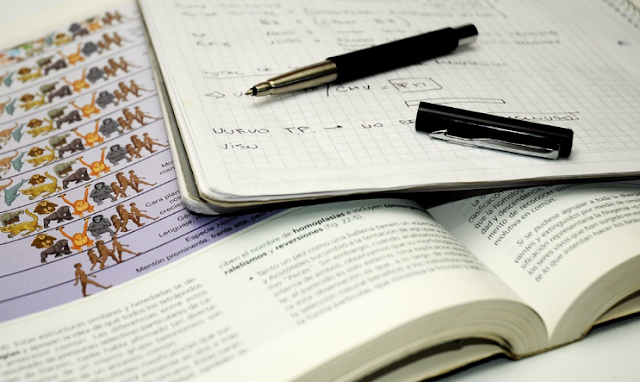You must first pass the Uniform CPA Exam if you intend to become a certified public accountant (CPA). It is not a simple task. You have four hours to complete each of the four areas of this standardized test: regulations, financial accounting and reporting, business environment and concepts, and auditing and attestation (REG). You must complete the exam within 18 months with a score of 75 on each of the four components in order to succeed. While some test takers choose to complete two, three, or all four portions during a single testing window, others prefer to complete one section at a time.
Whatever route you choose, passing the CPA test requires a lot of preparation. But do not worry; with the correct preparation, tools, and advice, you can accomplish your objectives.Create a well-thought-out plan
The CPA test has four portions, and it must be finished in 18 months. Since the test is only given four times a year, you should make a plan for finishing them on time. As soon as you finish your first portion, the timer begins to run. The loss of a passing portion and the requirement to repeat it would be terrible if the 18-month timeframe had already passed. Consider work schedules, and future events in your life, and leave some room in your plan for the unexpected.Take a look at the order of the sections
CPAs frequently disagree on the "optimal" order to take the exam components. Some believe it makes sense to take each component as near to the relevant college course as you can in order to retain the material. Others with CPA experience advise taking the AUD portion after working as an auditor. Others still advise reserving the simplest material until last, which can be the BEC portion given that it has the greatest pass rate. On the other hand, you could wish to wait until you have passed FAR, the portion with the lowest passing rate, to start the 18-month clock. Additionally, a lot of test takers attempt numerous portions at once in various arrangements.This advice's main message is that there isn't a "magic sequence," so carefully customize yours to fit your particular set of circumstances.
Early and frequent study
The CPA test is challenging and necessitates many studies. Never cram. Instead, get going early by creating a timetable for your study time that starts at least 10 to 12 weeks before the exam. The timetable ought to fit your lifestyle and be reasonable. As much as you can, try to plan short study blocks, like 60 to 90 minutes, as opposed to marathon sessions, as studies have shown that many people's cognition is less effective during prolonged study periods.Consider studying in the morning as an extension of this advice. Although studies have shown that studying in the late evening increases recollection, it is generally accepted that the hours of 10 am to 2 pm are the best for learning. Schedule your study sessions at the time of day that suits you most by being self-aware. However, maintain consistency to lessen the possibility of procrastination and missed sessions. Concepts studied during lengthier study periods might be reinforced by frequent, short study sessions. For instance, many CPA candidates carry flashcards with them at all times and review them quickly anytime they have some downtime, such as when waiting for a bus or in line at the grocery store.

No comments:
Post a Comment